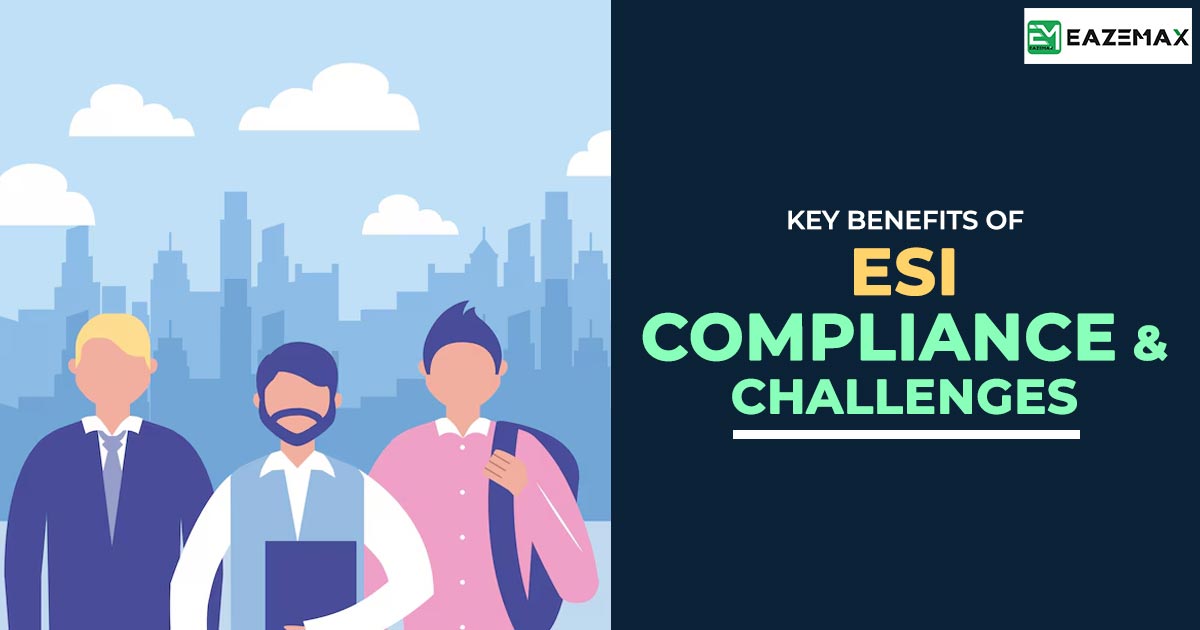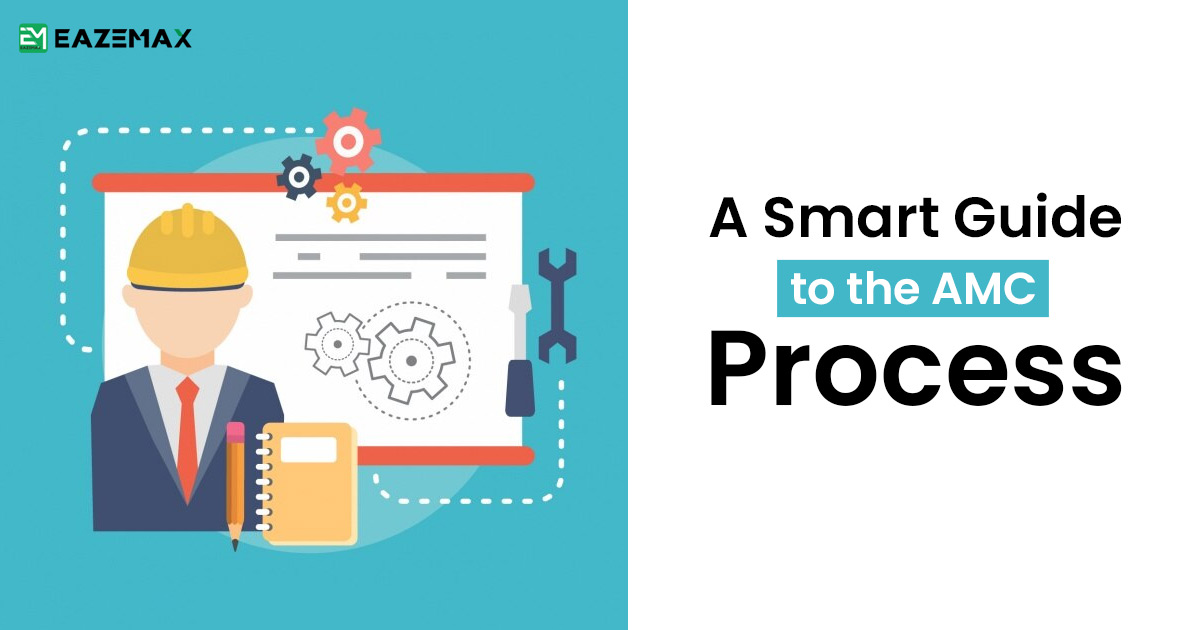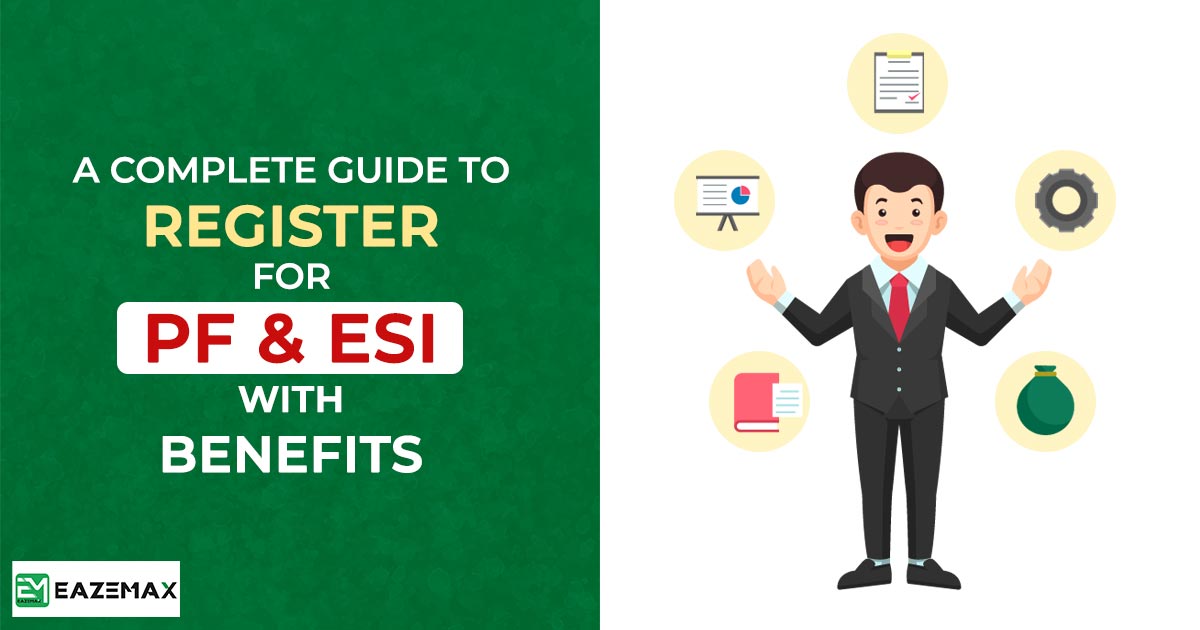
The Employees’ State Insurance (ESI) scheme, governed by the Employees’ State Insurance Act of 1948, is a social security and health insurance initiative designed to offer financial and medical support to employees in cases of illness, maternity, disability, and job-related accidents.
Adhering to ESI regulations is compulsory for qualified employers and employees in India. However, like any regulatory framework, ESI compliance comes with its own set of benefits and challenges.
Understanding ESI Compliance
ESI Compliance refers to the obligation of employers to follow the guidelines set by the Employees’ State Insurance Corporation (ESIC). This includes ensuring contributions from both employers and employees and meeting reporting standards mandated by the ESIC.
Key aspects of ESI compliance include:
Registration:- Employers must register their business with the ESIC if they have 10 or more employees (depending on the industry) and pay wages below a specified threshold.
Contributions:- Employers are required to contribute 3.25% of each employee’s wages, while employees contribute 0.75% to the ESI fund. These payments must be made monthly and within the specified deadlines.
Employee Enrollment:- Employees earning a monthly salary of ₹21,000 or less (₹25,000 for persons with disabilities) must be registered under the ESI scheme to receive benefits.
Record Maintenance:- Employers need to keep accurate records of their workforce, including details like wages and personal information, and submit regular reports to the ESIC.
Filing Returns:- Monthly and annual returns must be filed with the ESIC, detailing employee numbers, wages, and contributions.
Timely Contribution Payment:- Both employer and employee contributions are to be paid punctually, typically before the 15th of every month.
Advantages of ESI Compliance
Compliance with ESI regulations offers several advantages for both employers and employees:
1. Employee Welfare:- The foremost benefit of ESI compliance is employee welfare, providing the following benefits:
2. Medical Benefits:- Employees and their dependents (spouse, children, and dependent parents) have access to free medical care at ESIC hospitals, dispensaries, and recognised private hospitals.
(A) Maternity Benefits: Female employees can access maternity leave and financial support, including paid leave of up to 26 weeks during childbirth.
(B) Sickness Benefits: Employees who fall ill can receive cash compensation for temporary disability due to sickness, provided they have made the necessary contributions.
(C) Disability and Death Benefits:- Employees are eligible for compensation in the event of workplace accidents, disabilities, or fatalities. Compensation for permanent disability or death is also available for employees or their dependents.
(D) Pension for Dependents:- In the unfortunate event of an employee’s death due to an accident or job-related cause, dependents are entitled to claim a pension.
3. Legal Compliance
Following ESI guidelines ensures employers comply with Indian labour laws. Failure to adhere to the ESI Act can lead to penalties, fines, or legal repercussions, which can be avoided through proper registration and contributions. ESI compliance also helps minimize the risk of labour disputes or grievances tied to social security and welfare.
4. Enhanced Employee Satisfaction
Employees who have security in terms of health, maternity, disability, and other insurance benefits tend to exhibit greater loyalty and satisfaction. ESI benefits enable employers to attract and retain talent by providing a comprehensive safety net for their employees and families.
5. Tax Incentives
Contributions to the ESI fund by both employers and employees are eligible for tax deductions under Section 36(1)(v) of the Income Tax Act, 1961. This can ease the financial burden on employers while safeguarding employee welfare.
6. Support for Social Security
ESI compliance contributes to India’s broader social security infrastructure, ensuring that vulnerable employees have access to medical treatment and financial aid when they are unable to work due to illness, accidents, or maternity.
Challenges in ESI Compliance
Despite its benefits, ESI compliance also poses certain challenges for employers and employees, including:
- System Complexity:- The ESI system can be complex, particularly for new or small businesses. Registering employees, calculating wages, and making timely payments can be administratively burdensome, and keeping up with evolving regulations requires ongoing effort, especially for those unfamiliar with the compliance landscape.
- Financial Impact on Employers:- The mandatory 3.25% contribution to the ESI scheme from employers can be a financial strain, especially for small enterprises and startups. Additionally, maintaining regular contributions can be challenging for businesses with fluctuating income, such as seasonal operations.
- Lack of Employee Awareness:- Many employees might not be fully aware of the comprehensive benefits offered by the ESI scheme. This lack of awareness can result in underuse of the available benefits, and employees may not seek necessary medical attention or other assistance without knowing their entitlements. Employers need to invest in educating their workforce about ESI benefits.
- Delays in Services and Benefits:- Although ESI provides essential services, the delivery of benefits can sometimes be slow. Employees may encounter difficulties when accessing medical care or compensation due to bureaucratic bottlenecks. Delays in issuing ESI cards, processing claims, or approving medical expenses can be a source of frustration for both employees and employers.
- Challenges in Registration and Documentation:- For businesses with large or constantly changing workforces, the process of registration and documentation can be lengthy and prone to errors. Keeping track of employee wages, health information, and ensuring accurate filing of monthly and annual returns can be difficult for employers managing numerous employees or facing high turnover.
- Changing Regulations:- ESI rules can change over time, requiring employers to stay updated and adjust their compliance procedures. This constant need for adaptation can increase administrative demands and necessitate additional resources to remain compliant.
Conclusion
ESI compliance is essential for employers to provide social security and healthcare benefits to their employees, ensuring both legal adherence and employee well-being. While it offers multiple advantages like healthcare coverage, maternity leave, and disability support, it also presents obstacles such as financial implications, registration complexities, and limited employee awareness.
Employers must take proactive steps to comprehend the ESI system and fulfil their compliance duties, ensuring that employees can fully utilize the benefits available under the scheme. Addressing these challenges efficiently will foster a secure, well-supported, and compliant workforce.




